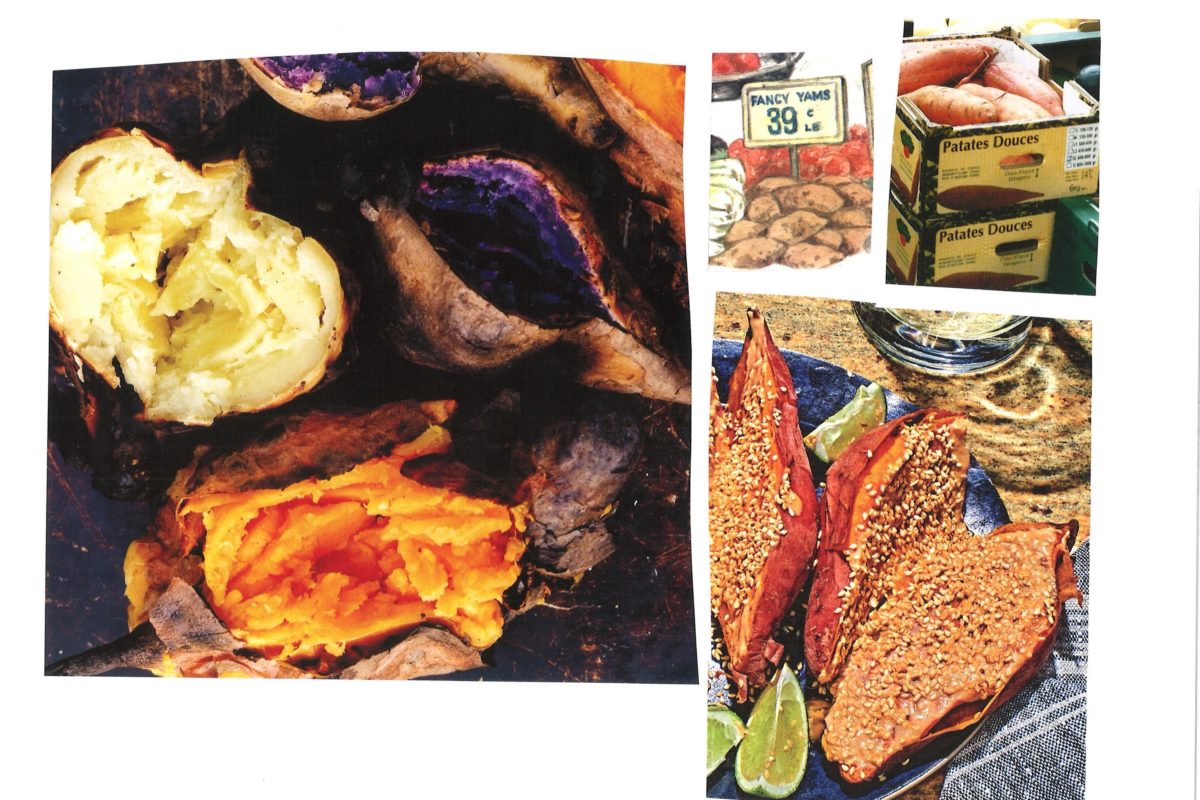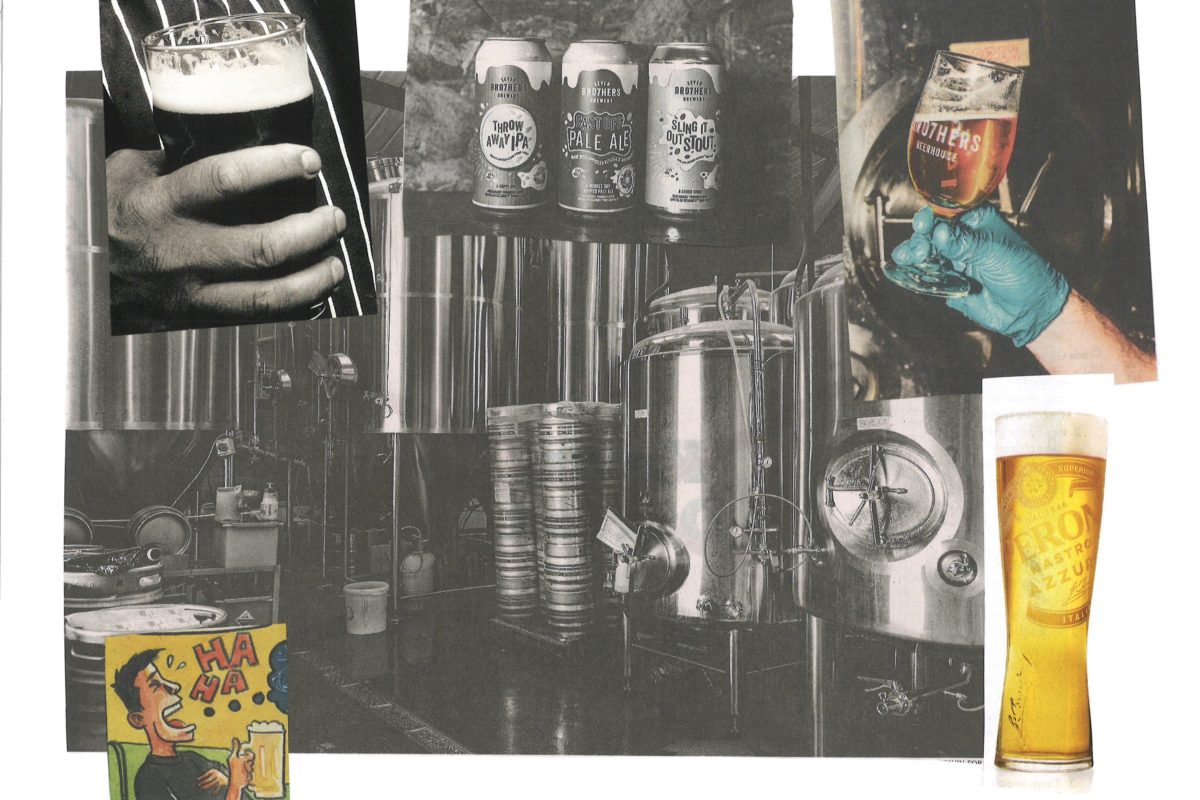What’s the Difference Between a Cook and a Chef?
Suppose you fancy yourself a culinary genius. You slice and dice and sauté and roast your way to sensual bliss each evening, concocting unforgettable feasts out of the sheer force of your creative prowess. Does that make you a cook or a chef? Well, it depends.
A chef is technically a professional cook, someone who runs the kitchen of a restaurant or hotel. He/she has some sort of codified training, whether it’s through culinary school or just working his/her way up through a restaurant kitchen, and there’s a management component to the role; it means you’re in charge of a kitchen, not just making great food. As cookbook author, TV personality, and Domestic Goddess Nigella Lawson told Eater, “Chef means a degree of professionalism either because you’ve got the qualification or because you’ve worked in a restaurant kitchen. I have done neither. My only qualification is in Medieval and Modern Languages at Oxford. A chef means in some sense that you are a professional and I feel like I am a passionate amateur.”
Nigella, then, would consider herself a cook. In a general, non-restaurant setting, a cook is anyone who prepares food; it has more of an amateur association than the word “chef,” simply because it implies the person doesn’t cook professionally. (The delineation doesn’t come from the actual quality of the food being prepared—you can be a badass home cook that makes better food than someone considered a “chef.”) In a restaurant setting, a cook is anyone below the sous chef in the chain of command; they’re the people who are literally cooking the food each night rather than creating recipes and/or managing the kitchen.
While we’re here, let’s dig a bit into the hierarchy of a restaurant kitchen, shall we? Most kitchens operate under some version of the brigade system, a model that was devised by Auguste Escoffier over one hundred years ago and is still used today. Here’s a very top-level look at the brigade de cuisine and the types of cooks and chefs you’ll find in a restaurant kitchen.
CHEFS
Executive Chef
The top of the food chain. This is the chef who supervises the staff, creates the menu, and manages the business. Depending on the restaurant, this could be more of a figurehead role or someone who is more hands-on.
Chef de Cuisine
The chef who is actively in charge of kitchen. In smaller restaurants, this can be the same as the executive chef; in larger operations, especially ones with many locations, the chef de cuisine reports to the executive chef, who may not be present every day.
Sous Chefs
The managers of the kitchen. They’re the people taking inventory, dealing with invoices, making sure the stations are set up on time, and overseeing the food before it gets sent out into the dining room.
COOKS
Line Cooks/Chefs de Partie
The people who run each station, or a specific realm of the kitchen. These are your sauciers (sauce chefs), rôtisseurs(meat cooks), poissoniers (fish cooks), entremétiers (vegetable/soup cooks), and garde mangers (the cooks in charge of cold-food preprations, like salads). The pâtisseur, or pastry chef, is classically a part of this group as well.
Junior Cooks/Commis
The people who work at specific stations under a line cook. They are typically still in training and/or just out of culinary school.
Stagiaires
Usually a student and considered the “intern” of the kitchen. They’re usually assigned basic prep tasks, like peeling potatoes or slicing onions.
Also in the brigade system can be the aboyeur, who communicates between the front and the back of the house; thecommunard, who prepares staff meal; and the plongeurs, or dishwashers.
This edition is in honor of the Restaurant Workers’ Community Foundation, an organization working to improve the lives of restaurant workers. You can visit their website and sign up for their newsletter here.
If you liked this, subscribe to the What’s the Difference newsletter here!






